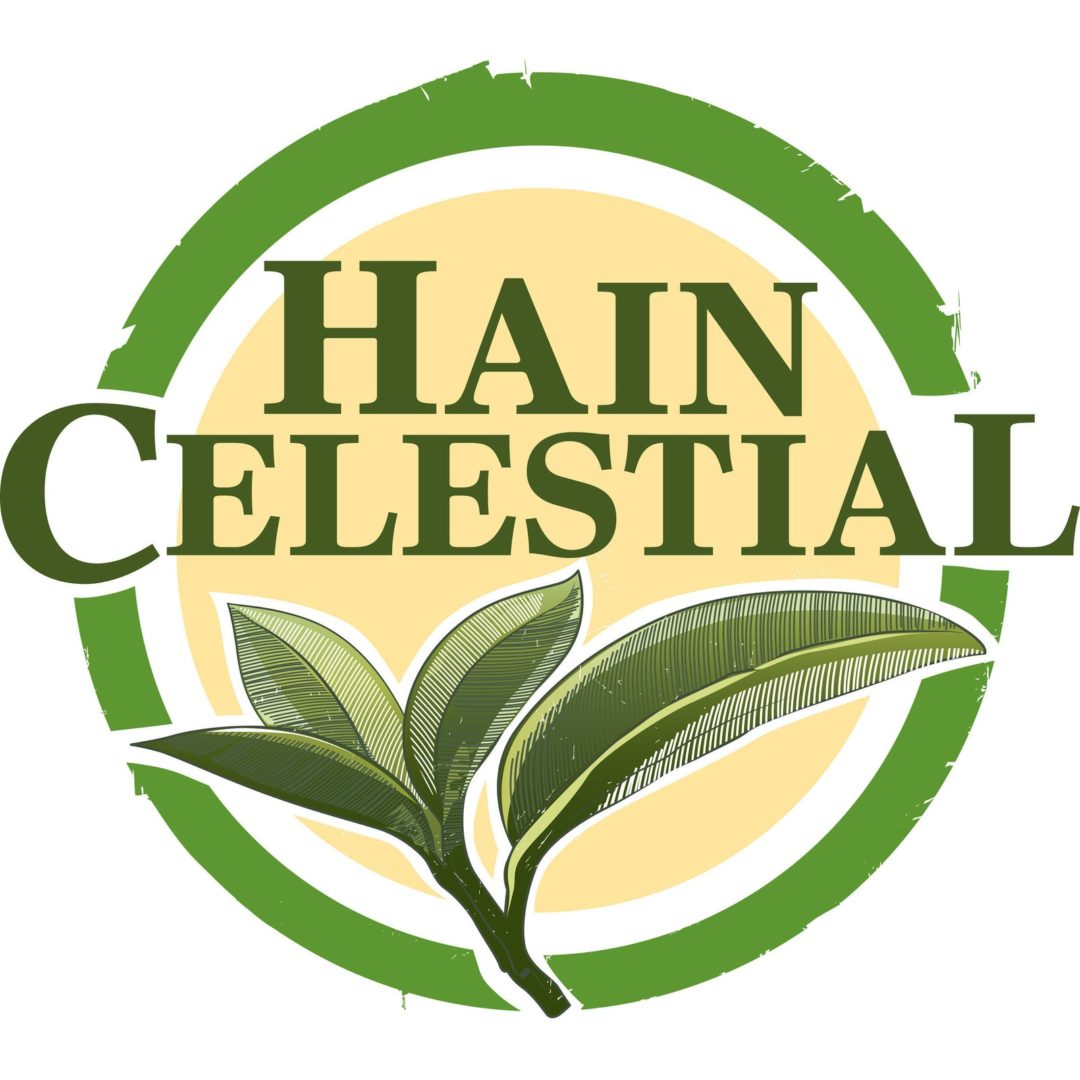During a third quarter earningsconference call, Irwin D. Simon, founder, president and CEO of Hain Celestial, admitted it was a tough quarter for the company and he was disappointed with its performance. The company's earnings totaled $12.69 million, or $0.12 per share. This compares with $31.33 million, or $0.30 per share, in last year's third quarter.
As noted in the previous quarter, the company was divesting itself from Hain Pure Protein (HPP), and expected to complete the divestiture during the first half of fiscal 2019. As a result, HPP was no longer part of the current earnings report, or future reports or guidance. The company's revenue for the quarter rose 8% to $632.72 million from $588.80 million last year, or 2% on a constant currency basis. The company was also continuing to streamline its brands, which have become overloaded and are contributing to lagging sales.
"The continued strength of our international businesses in the United Kingdom, Europe, Canada and key emerging markets, including India and the Middle East, fueled our third quarter financial results," said Simon. "Our performance in the United States reflects the ongoing efforts to reduce business complexities and drive greater efficiencies in light of higher freight and commodity inflation. We are taking aggressive action to address the challenging environment, including optimizing our pricing to offset these higher costs. In addition, we are making targeted strategic brand building investments in our top 500 SKUs, where we have gained significant points of distribution, which we expect will result in a higher rate of growth in future periods. Hain Celestial's global team remains focused on the execution of our long-term strategic priorities and Project Terra cost savings initiatives to enhance stockholder value."
Other key highlights of Hain's earnings include the following:
- Net sales increased 8% to $632.7 million primarily reflected mid- to high single digit net sales increases from the United Kingdom and Rest of World including the Canada and Europe operating segments, partially offset by a low single digit net sales decrease from the United States segment.
- Gross margin of 21.0%; adjusted gross margin of 23.0%.
- EBITDA of $51.5 million; Adjusted EBITDA of $73.4 million.
- EPS of $0.24 compared to $0.31 in the prior year period; Adjusted EPS of $0.37 compared to $0.35 in the prior year period.
The company was streamlining by concentrating on its top 11 brands, and making them relevant. “Stacking them high and watching them fly,” is no longer a good business model, he said. Simon also said the company was up against private labels. No one wants to invest in an already established brand if they can create their own, he said.
Gary Tickle, CEO of Hain Celestial NA, said the company expected to see improvement in the fourth quarter, by continuing to streamline the business, and targeting its specific top brands to drive the brand and product growth. The company will also double down on its digital and e-commerce space, which is growing by double digits. Hain hired Julie Bowerman as senior vice president, Digital Engagement and eCommerce in October. She came with more than 20 years’ experience with The Coca-Cola Company in various marketing, commercial and digital roles. At that time, Tickle said: “E-Commerce and digital engagement of our consumers are critical elements of our growth strategy, as our consumer base increasingly engages with brands and buys natural, organic and better-for-you products online.”
There has been much speculation about Hain in the last nine months. In January, wereportedthat Hain could not find a buyer because it had expanded to include too many brands, according to a report inThe Wall Street Journal.
In November, wereportedthat PepsiCo was the latest food and beverage company to emerge as a logical acquirer of Hain Celestial. The company had also been linked with Nestle, Kraft Heinz, Pinnacle Foods and General Mills.
Activist investor Engaged Capital expressed its intentions to push for a sale after buying a large stake in the global organic and natural products company. In late September, Hain agreed to bring Engaged founder Glenn Welling onto its board and theWall Street Journalreported a group of directors would be formed to examine strategic alternatives.
In its heyday, Hain stock traded as high as $70. In mid-2016 the company’s value dropped by about 30% when it announced it would have to delay earnings due to improper revenue recognition.
For related information, see:
Activist-Targeted Hain Celestial May Divest Pure Protein, Expand E-Commerce
Hain Celestial Acquires Clarks UK Sweetener Brand
Hain’s Announces Financial Results and Expands on Strategic Plan











